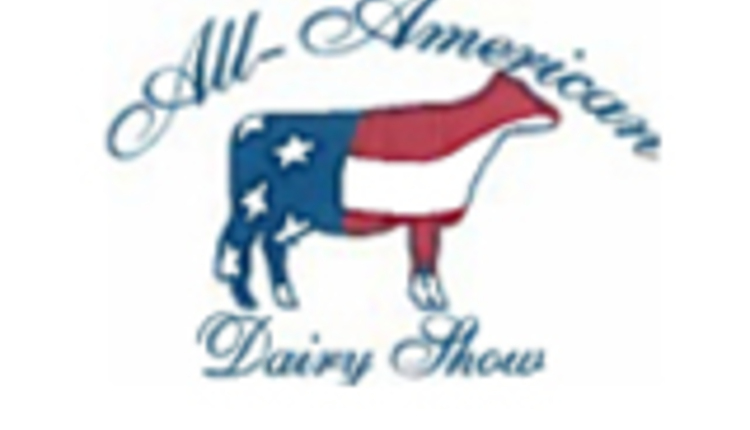The information below has been supplied by dairy marketers and other industry organizations. It has not been edited, verified or endorsed by Hoard's Dairyman.

ABS Global is proud to announce a groundbreaking advancement in livestock sustainability with the completion of a comprehensive Life Cycle Assessment (LCA) of its beef-on-dairy (BxD) genetic programs. This industry-first analysis, presented at the BSAS (British Society of Animal Science) on 9th April 2025, reveals that targeted genetic selection measurably reduces the environmental impact of Beef-on-Dairy production.
LCA - the gold standard in evaluating environmental performance - assesses every stage of a product’s life. Developed according to International Standards Organization (ISO) guidelines and currently under expert academic review, the LCAs were carried out by PRé Sustainability, a leading independent consultancy, as part of the Innovate UK project. This external validation process includes input from specialists at top universities in the US, Canada, and Europe.
Using real-world performance data from BxD progeny in commercial systems in the UK (more than 60000 animals), the assessments demonstrate that genetic improvement through ABS’ proprietary NuEra Genetics program leads to a measurable reduction in emissions intensity. Specifically, elite NuEra BxD progeny in the UK emitted less CO2e per kilogram of carcass weight compared to average genetic merit progeny from other genetics:
- Within the Angus BxD population, NuEra T14-sired animals had a 4.7% reduction (compared to competitor average for emissions intensity)
- Within the British Blue BxD population, NuEra T15-sired animals had an 8.8% reduction (compared to competitor average for emissions intensity)
This represents the first published LCA to analyse the environmental impact of BxD systems – building on past research such as Putman at al. (2023) in suckler beef and Thoma et al. (2024) in swine that considered genetic merit.
“While several LCAs have been conducted on beef x beef and swine, our work is the first to quantify the environmental advantages of improved genetics in BxD systems,” said Dr. Matthew Cleveland, Global Sustainability Director. “These results reinforce the critical role of genetic innovation in building a more sustainable future for animal protein production. The environmental benefits achieved through genetic improvement, while incremental per generation, are permanent and cumulative over multiple generations. Consequently, continued genetic improvement will further reduce the environmental impact of BxD production relative to average BxD genetics emphasising that designed genetic programmes are an integral part of developing protein production systems with lower environmental impact.”
As climate goals become increasingly important across the food and agriculture sector, incorporating genetic merit into sustainability assessments is essential. This work sets a precedent for how genetic data can and should be integrated into environmental impact models – providing a more complete picture of emissions to air, water, and soil across the value chain. The LCA work highlights how targeted breeding strategies can enhance resource efficiency and reduce environmental impact emissions in a permanent and cumulative way - without compromising customer profitability and productivity. Put more simply, this means producing more with fewer resources.
Genus ABS is the UK subsidiary of ABS Global.
About ABS Global
ABS Global is the world-leading provider of bovine genetics, reproduction services, technologies, and udder care products. Present in more than 70 countries around the globe, ABS has been at the forefront of animal genetics and technology since 1941. ABS Global is a division of Genus plc, a UK-based company with a vision to pioneer animal genetic improvement to sustainably nourish the world.




